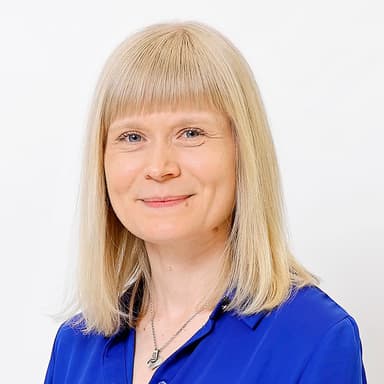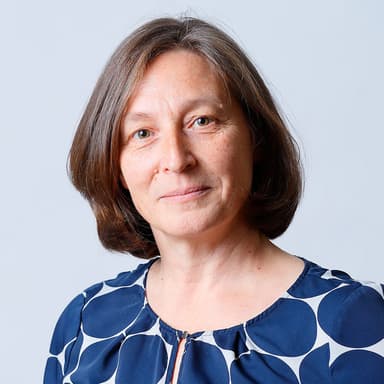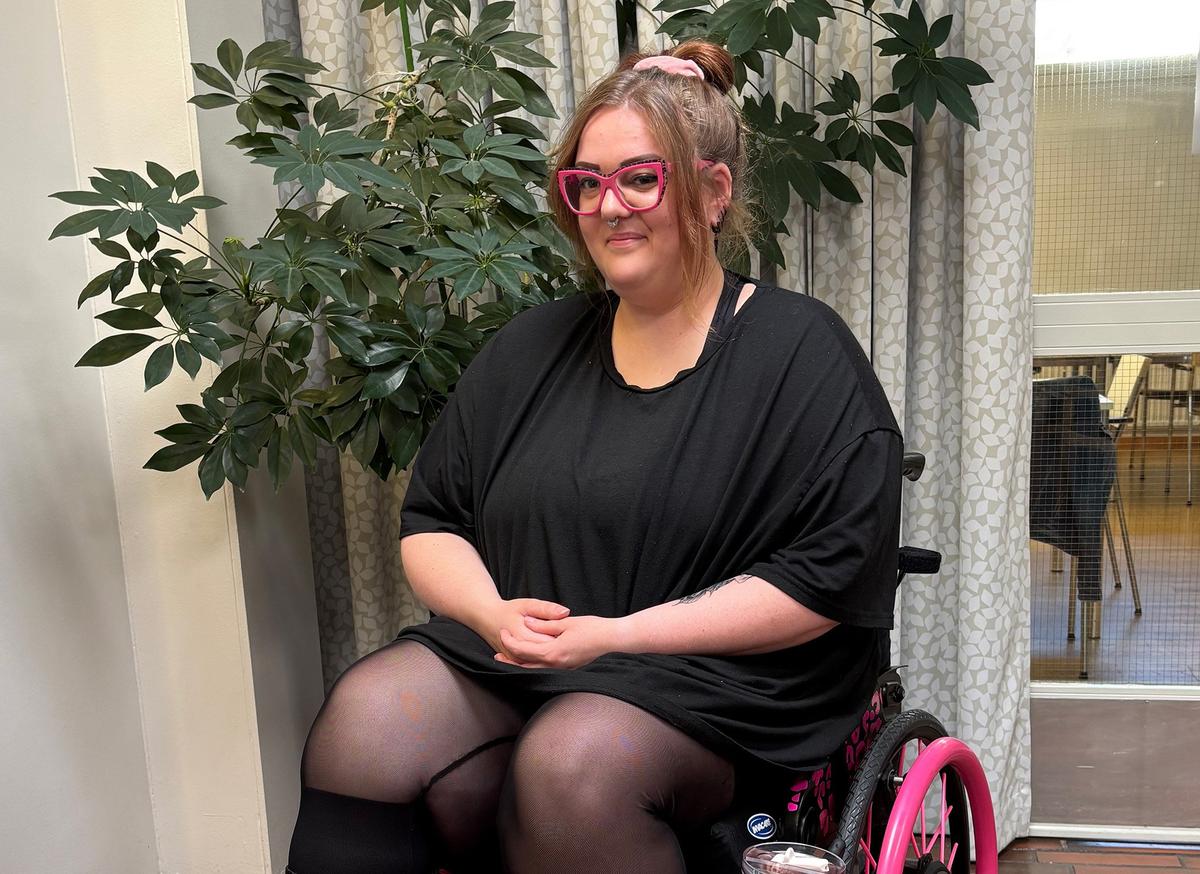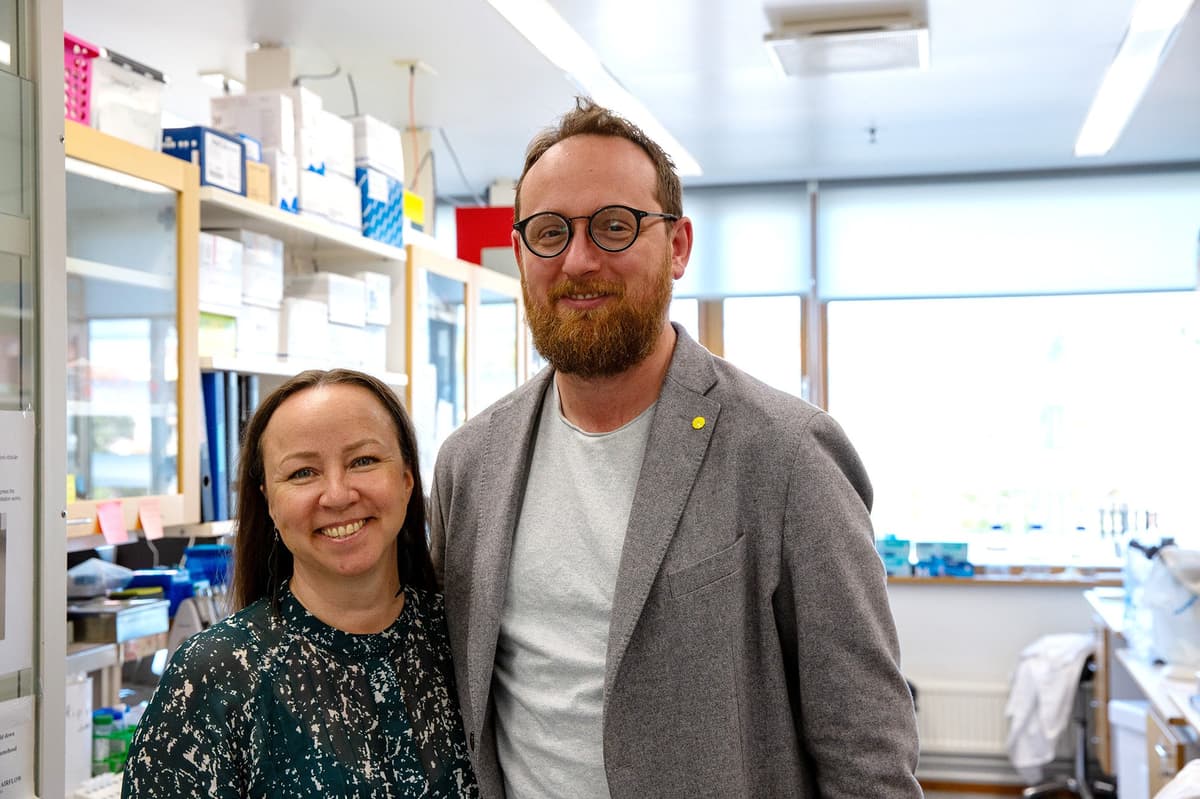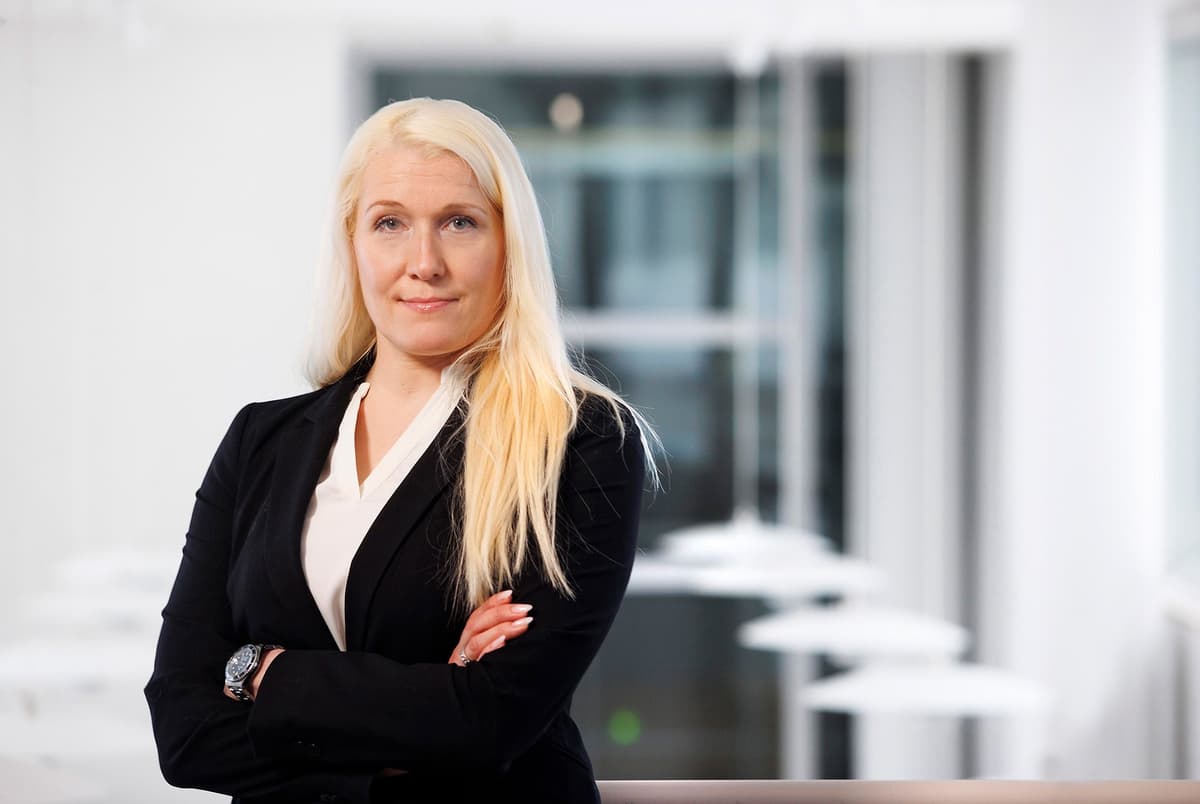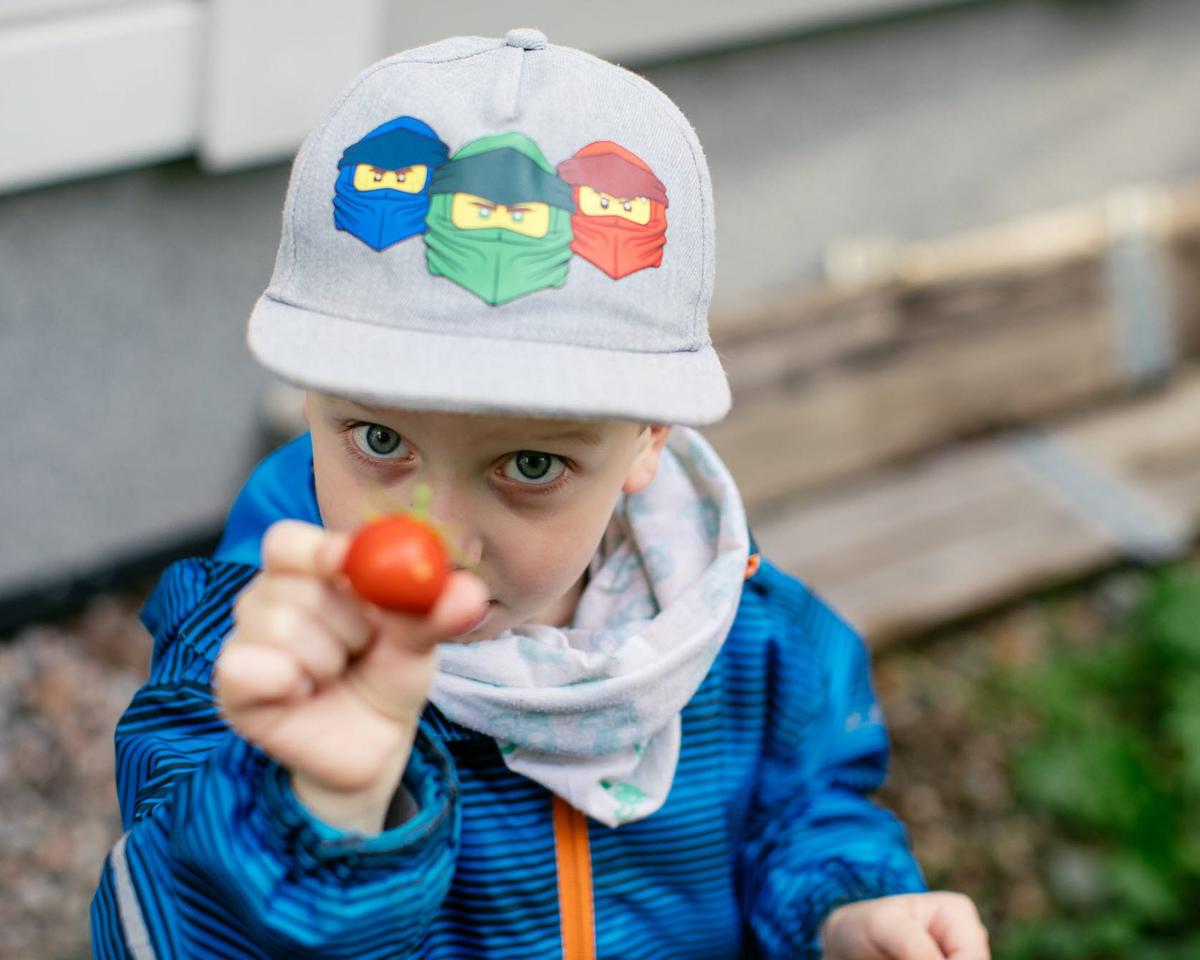"You can contribute to new knowledge about what affects our health"
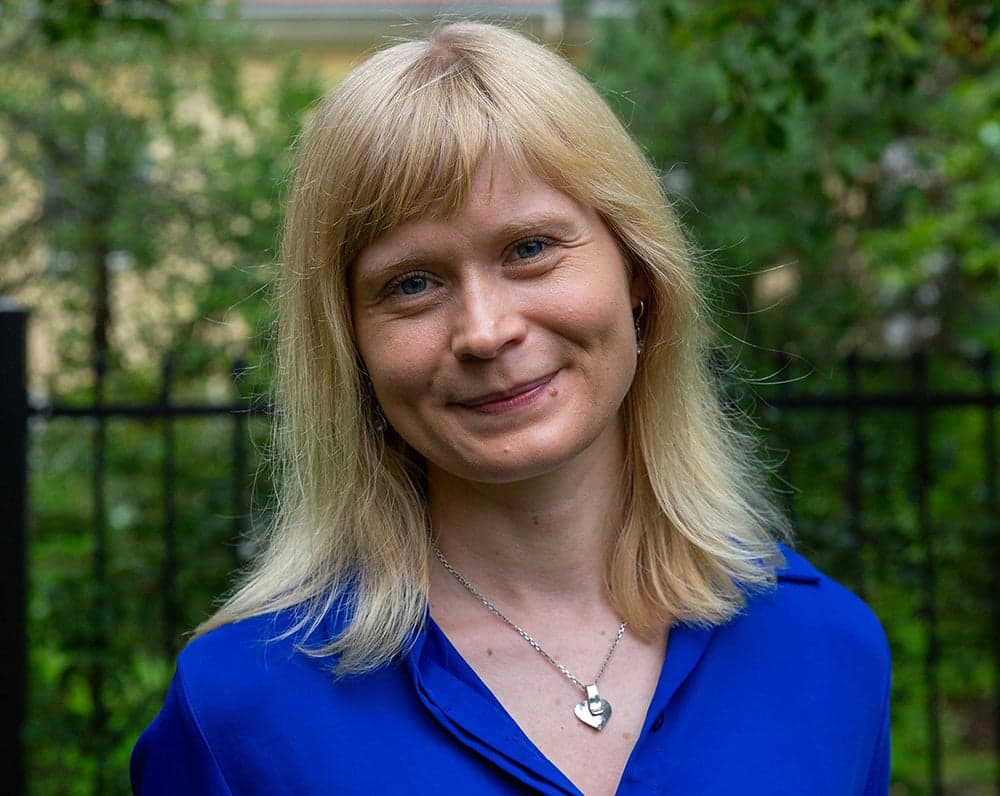
We ask researchers Josefine Björkqvist and Eva Roos about how researchers attract participants to their research projects.
Why is it important to volunteer if you are invited to participate in a study?
By participating, you contribute to generating new knowledge about what affects our health and well-being, and which factors can prevent diseases. Much of our development in society today is based on research. In public health and health promotion research, the research questions often require direct input from the population, it is not possible to use registers alone. To ensure that we have a sample that best represents our population, it is important that as many people as possible participate, not just those interested in health issues.
In public health research, we often study a large group of people, a population. Since it's not feasible to gather responses from everyone in the group, researchers use various sampling methods, such as random sampling, to recruit individuals who represent the population as a whole. Often, it's chance that determines who gets invited. However, to facilitate data collection, recruitment is often done in clusters, such as classes in a school or clients in a health center.
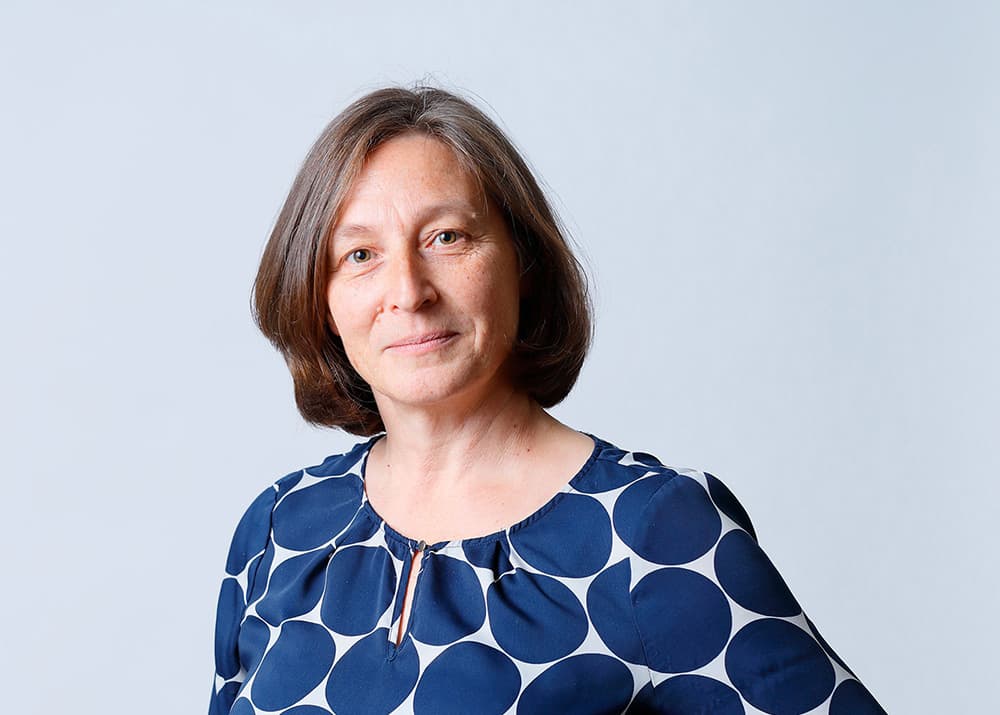
What can researchers offer to attract more participants to volunteer?
By participating in a study, you can get information about your own health. As researchers, we often provide feedback to participants on some of their individual results. Sometimes you can also get some compensation, or a prize can be raffled among participants, such as movie tickets or gift cards. External funders are not always willing to provide funding for such additional gifts and in Finland the value of any gift must not be too high. In other countries, compensation for participating in studies can be considerably higher.
In our study on the health of school children, we provide individual feedback on students' physical activity, their use of digital media and their dietary habits during the study week. Students also receive recess equipment to increase their physical activity at school.
Is it easy to attract participants to studies?
It's becoming increasingly challenging to engage participants in public health studies. Twenty to thirty years ago, response rates could be as high as 80 percent; today, reaching 30 percent is considered satisfactory. This is a significant problem.
A lot of our research resources are dedicated to trying to ensure that as many people as possible participate in our studies. If we have too few participants, there's a significant risk that our data won't be representative.
In our study on school children's health, we've found that students are often very enthusiastic about participating in research, and we hope that parents support their children's participation.
One reason it has become harder to engage participants may be concerns about sharing their information. When you participate in research, you can read in the study's information letter and data protection notice how your information is used. The EU's General Data Protection Regulation (GDPR) has extensive requirements to ensure that all research and work with personal data are done securely to protect the participant.
As researchers, we should in the future become better at finding alternative ways to collect research data and perhaps collaborate more than before with large companies that collect various forms of data. For example, researchers at the University of Helsinki collaborate with a grocery store chain and, with the customer's consent, gain access to food purchase data and to examine differences between families with different socioeconomic backgrounds.
Read more about the DAGIS study
The DAGIS project focuses on socioeconomic differences in children’s health, health behaviours and wellbeing and how they are influenced by factors in early childhood education, at school and at home.
Läs artikeln på svenska här
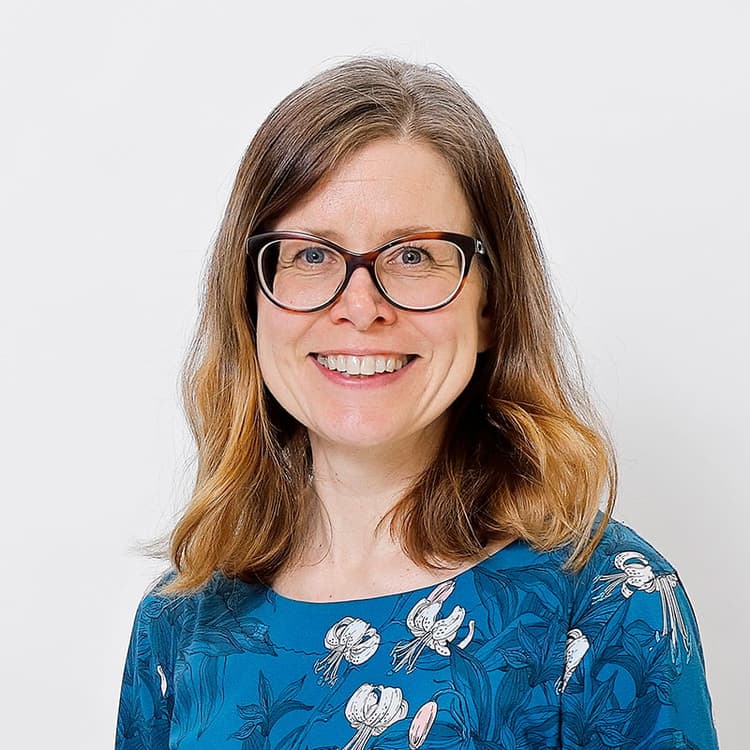
Heidi Furu
Science communicator
Administration
+358 44 488 3086
